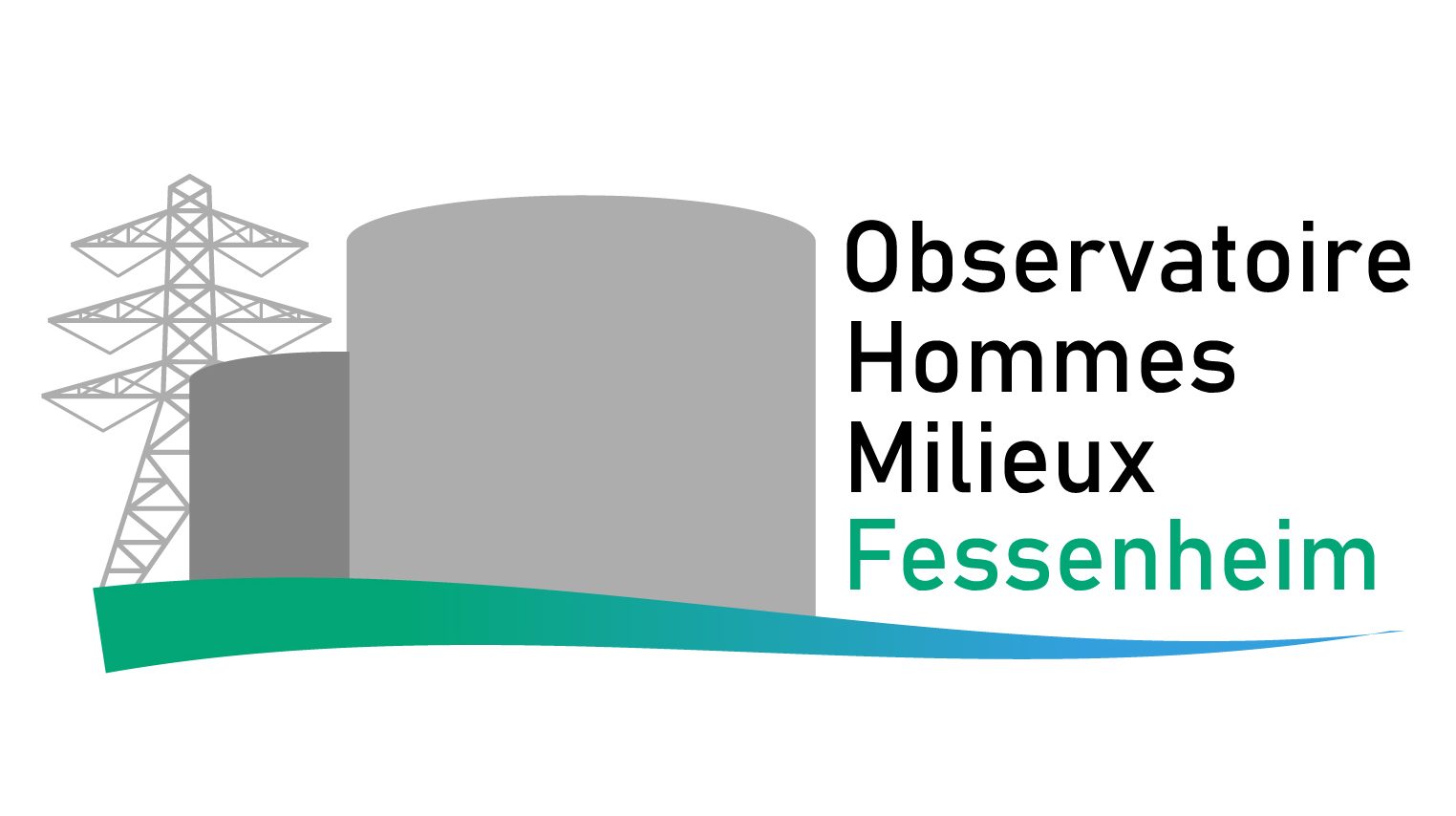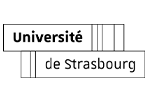Cultural Orientation and Risk Perception: Development of a Scale Operating in a French Context
Cultural theory has often been invoked to explain risk preferences, yet empirical evidence for that influence has regularly been challenged. This research addresses this issue by reassessing the role of cultural orientation in understanding risk perception through the development of an alternative assessment tool of worldviews operating in a French context. Using data from two samples of French citizens (N = 192 and N = 631), study 1 conducted exploratory and confirmatory factor analyses which provided support for a three-factor scale of worldviews: hierarchy-individualism, egalitarianism, and fatalism. Based on data from two other independent samples (N = 111 and N = 422), study 2 affirmed, for each worldview, its convergent validity (with its counterpart in another worldview measure), discriminant validity (from all other subscales), and predictive validity (for specific patterns of risk perception). Of particular interest is that culturally diverse individuals hold divergent positions on risk (skepticism, sensibility, neutrality) depending on, and in proportion to, the (in)compatibility of the hazardous activity to their preferred worldview. Implications for risk management and communication are discussed.




